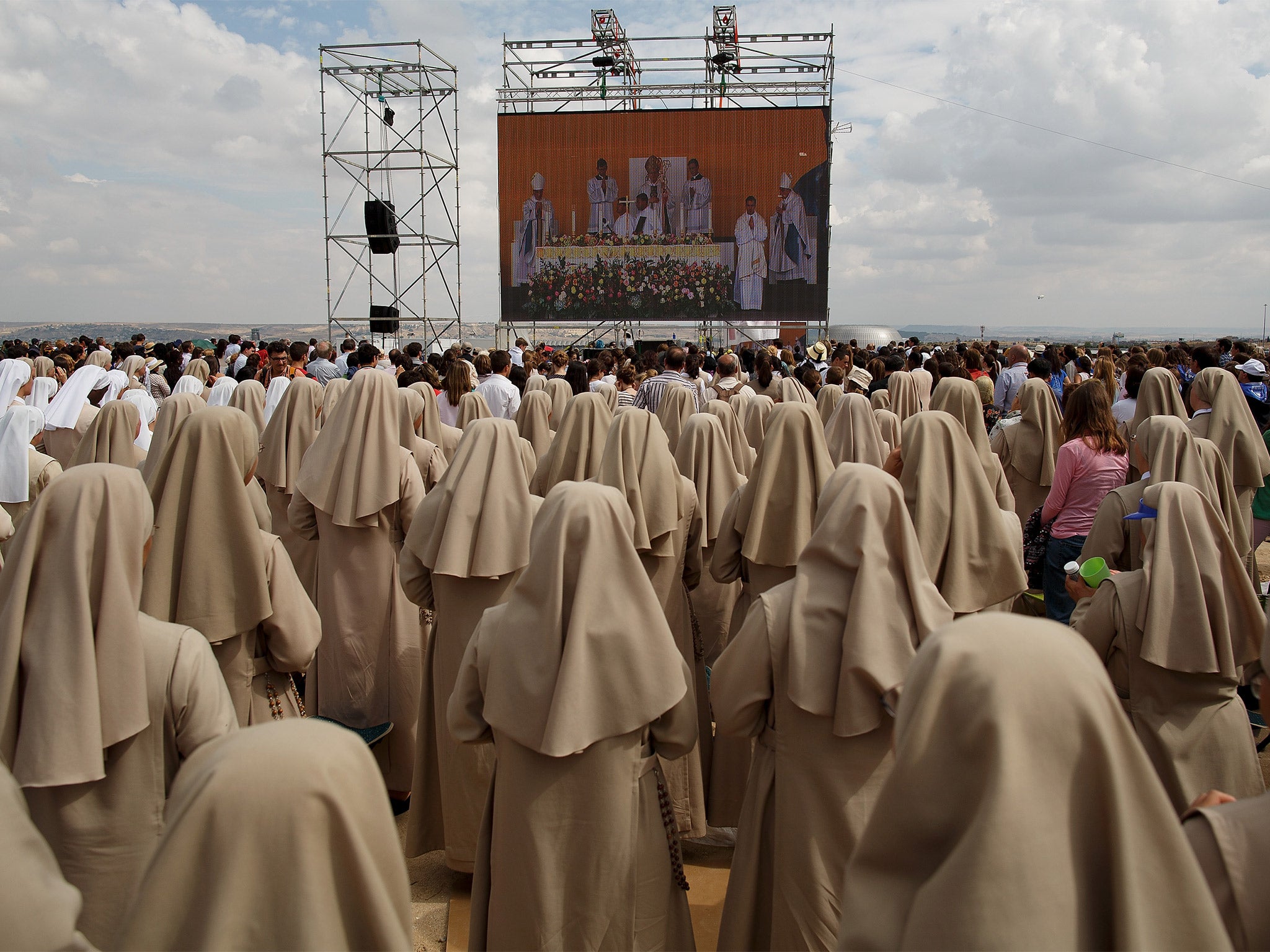
Dr Patrick Njoroge whose tenure as the Central Bank of Kenya, CBK Governor was set to end on June 19 2019, has been awarded four more years and will now serve until 2023.
Since he replaced Njuguna Ndungu in 2015, Dr Njoroge has been on the spot for good and bad things altogether.
President Uhuru Kenyatta re-appoints Dr. Patrick Njoroge as Central Bank of Kenya's Governor. https://t.co/L9vygFXlkC pic.twitter.com/Nw91r3bzgJ
— Switch TV Kenya (@switchtvkenya) June 6, 2019
During his inauguration as Kenya’s new Central bank governor, he marvelled many people by his demeanour that projected him as someone from another planet.
The practising member of the Catholic group Opus Dei rejected the luxury house offer in Muthaiga, Nairobi that comes with his prestigious job title.
He has opted for a simple lifestyle to live in a communal house in Nairobi’s Loresho estate and remain single in line with the requirements of the religious order that he subscribes to.
What is Opus Dei?
- A branch of the Catholic Church founded in 1928
- Has a reputation for secrecy
- Some members take a vow to live in a community and some a vow of celibacy but most are married
- Featured in the Dan Brown bestseller The Da Vinci Code where a member whips himself until he bleeds
- Self-flagellation is an expression of remorse for sins
- The Opus Dei website says members do perform penance and sacrifice but “not like the distorted and exaggerated depiction in The Da Vinci Code”
- Members aim at humility, justice, integrity, and solidarity and work hard and well, honestly and fairly.
Njoroge lives with his fellow members of the Opus Dei.
Other notable followers include Terry Ryan, Kenya’s last white civil servants who played a prominent role in persuading the Kenyan government to drop price controls in the 1990s.

The organisation, which means “work of God” in Latin, teaches that ordinary life is a path to sanctity.
As a numerary in the religious order, Njoroge is one of a minority of members who make up the so-called core of Opus Dei.
They follow a path of celibacy, and are among the most devoted to the organisation, practising self-flagellation and wearing a spiked chain, called a cicile, around the thigh for two hours a day as an act of penance according to Opus Dei’s Kenya spokesman, Andrew Ritho.
The humble governor during his vetting revealed that he owns no property in Kenya despite having worked at the prestigious international organization, IMF.
Opus Dei members use part of their income in furtherance of their Christian vocation. This may explain why Dr. Njoroge has no asset in Kenya.
"I don't have a single asset here in Kenya," – Patrick Njoroge https://t.co/z0UXNDFG56
— James 🇰🇪🕵️♂️ (@Jmkmutuma) October 30, 2015
“It doesn’t mean that this how it will be forever. I subscribe to being very deliberate about that. This is my economic model and maybe years after retirement, I would want to invest in other things,” Njoroge said.
Njoroge, 58, holds a PhD in Economics from Yale University, USA and a master’s and bachelor’s degrees in Economics from the University of Nairobi, Kenya in 1983.
His area of profession revolves around Macroeconomics, Economic Policy, International Finance, Development Economics, Econometrics and Monetary Policy.

Dr Njoroge had a lucrative career spanning to 20 years at the International Monetary Fund (IMF), in Washington D.C., USA before joining the helm of CBK.
The soft spoken governor joined IMF in 1995 where he served in various capacities before being appointed as the advisor to the IMF Deputy Managing Director from December 2012.
At some point, he also served as Deputy Division Chief in the IMF’s Finance Department and IMF Mission Chief for the Commonwealth of Dominica.

Prior to joining the IMF, the Mangu High alumni worked in Kenya as an economist at the Ministry of Finance and as a planning officer at the Ministry of Planning.
He was appointed to the United Nations Task Force on Digital Financing of Sustainable Development Goals by United Nations Secretary-General António Guterres in 2018.
Among his notable achievements during his tenure include launching new Kenyan currency that will phase out the old Sh.1000 notes in a bid to tackle rampant illicit financial flows and counterfeiting.

In 2016, he was named the African Central Bank Governor of the Year at the 10th African Banker Awards.
Patrick Njoroge wins Central Bank Governor of the year award at AfDB's African Banker Awards 2016.
📷 Via @GinaDinPR pic.twitter.com/DqILgbgYVN— Number8, the poet (@DannMwangi) May 25, 2016
Njoroge emerged the best out of 200 entries from across the continent.
The award is given to governors who successfully reform the financial sectors of their countries through proper regulation and policies.
On the flip-side, during his tenure came the collapse of Chase Bank in late 2015 and Imperial Bank which was put in receivership in 2016.
